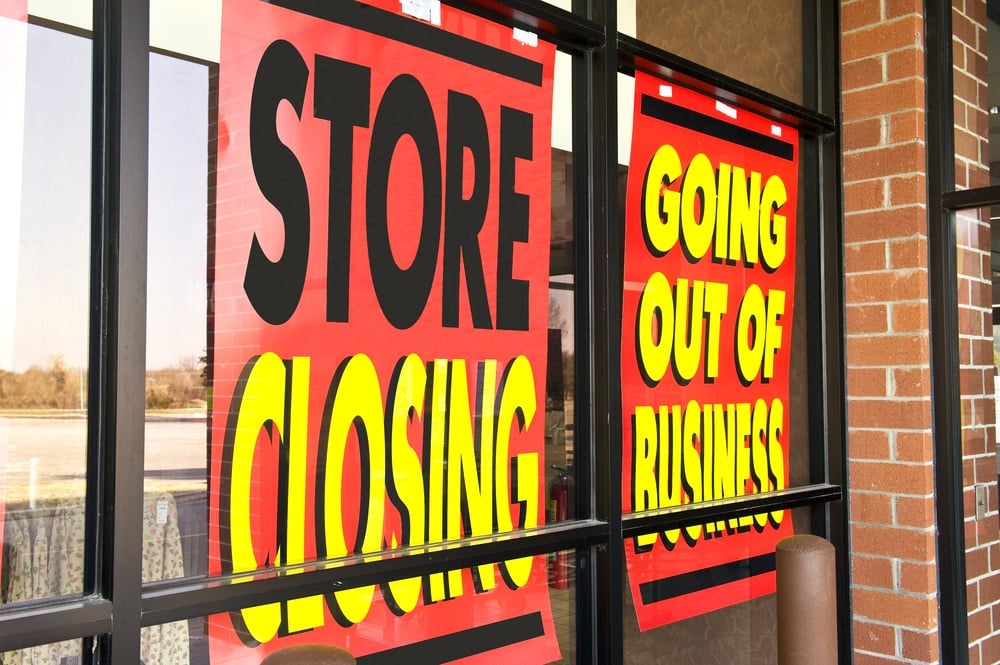Many business owners are convinced that what customers care about is price. They assume that if there are two options available, clients will choose the cheapest one. No matter what.
And because they believe in this concept wholeheartedly, they proceed to build their business models and marketing strategies around it. Which has the unfortunate effect of training their customers to behave as if this is so— whether or not it actually is.
True or False: Customers only care about price
Have you purchased a cell phone lately? Was it cheap?
Heck no, it wasn’t!
Because you wanted the latest version. With all the cool features. And reliable service. Plus, you sprung for the insurance. Just in case you happen to drop your newest prized possession into the toilet.
Let’s be honest here. If customers only cared about price, we’d all still be using flip phones.
In reality, what customers care about is value.
And for the vast majority of people, flip phones no longer provide adequate value, no matter how much money you might be saving.
So, while it may be true that the only thing your prospects and/or customers ever ask about is price, it’s not necessarily a reflection on them as buyers. It's a reflection on how they’ve been trained as customers.
We’ve created this monster
Constant ads, sales, and price wars have resulted in many people feeling ripped off if they actually pay the regular price for something. Which, if you think about it, makes no sense whatsoever. Businesses can’t continuously offer cool stuff at a loss. And customers need to have realistic expectations of what things cost and what they are worth.
For these reasons and more, this tactic of focusing exclusively on price often backfires.
Think about the cable TV model. Let’s talk about how many of these companies offer lucrative pricing deals to entice new customers, only to jack rates up after a specific period of time. The “promotion” model might sound good on paper, but the reality of it leaves most people feeling angry and dissatisfied.
Using a discounted pricing model might get you new customers in the short term, but are they the kind you really want? Will focusing solely on price create loyalty? Build brand ambassadors? Result in good PR?
By training your customers to care only about price when making a purchase decision, you’re doing yourself a great disservice.
At the end of a six-month trial period, you’re finally going to start charging what you’re worth? Really? Good luck with that.
By giving your product away for less, you’ve effectively taught your customers to assume that price is all that matters. Or that if you can afford to charge a discounted amount for your service over a period of time, that’s all it’s worth. Either way, you’re setting yourself up for failure.
Instead of charging a fair price and rewarding buyers for sticking with you, you’ve set them up with an unrealistic expectation and left them frustrated with the reality. In the end, you’ve given your clients three basic options:
- Call customer service and beg for the deal to be extended
- Pay the increasing prices— and become increasingly angry
- Switch to another provider
Look at the scenario that’s been created here.
Not only do you have a constantly shifting customer base, you have an unhappy customer base. Now you’ve got to invest in a very patient customer service team to help calm them down, likely by agreeing to lower price points. Which sets their expectations (and your bottom line) back even further.
Argh.
Don’t buy into it
At the end of the day, you don’t have to run your business as if the only thing your customers care about is price. But if the only way you’re selling to your customers is based on price, then of course that's what they’re going to care about.
You can’t rely on your customers to ask for something new if price comparisons are all they know. You have to show them something different.
Do you believe there is value in what you offer? Of course you do! Or you wouldn’t be in business. Define that value and what it’s worth. Live it. Breathe it. Communicate it, market it, and sell it.
People will pay for things they truly value. They will do business with companies that treat them right. And they will shout to the mountains (or on Instagram) about companies they love.
Don’t buy into the price fixation myth. Focus on your value, charge what you’re worth, and watch the happy customers roll in.
Photo by Carolyn Franks

